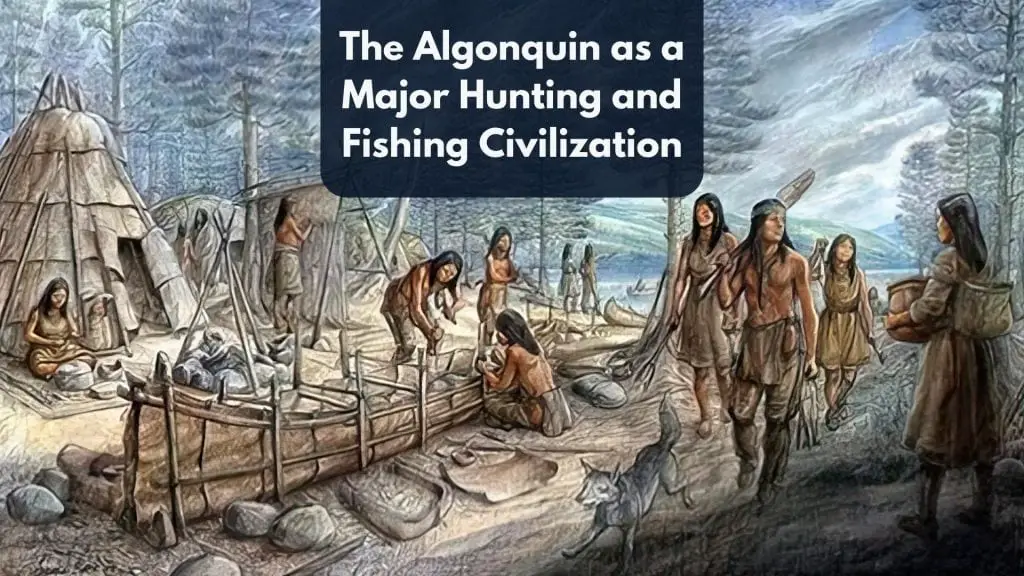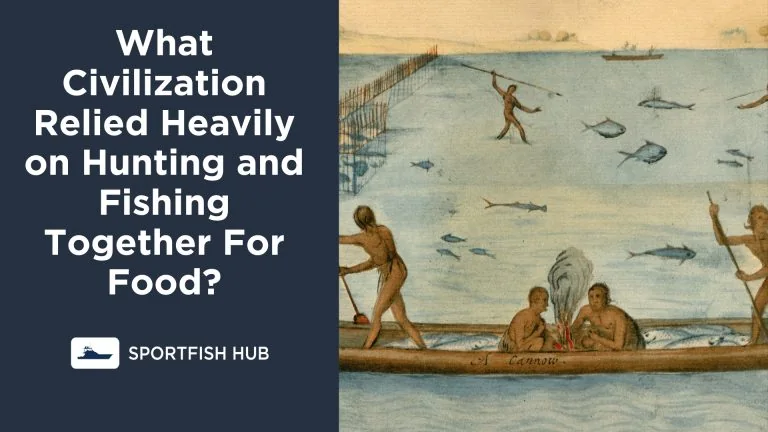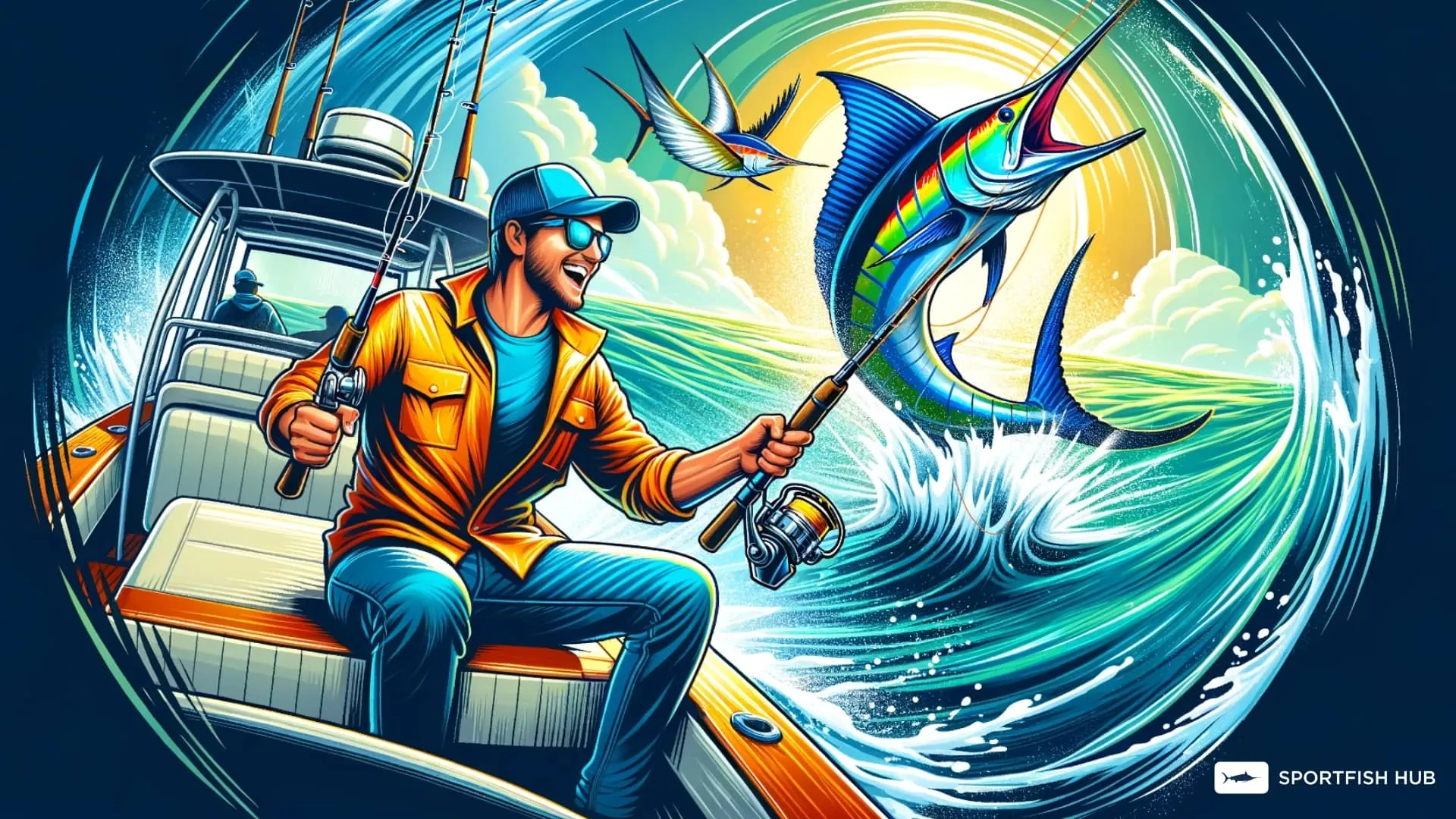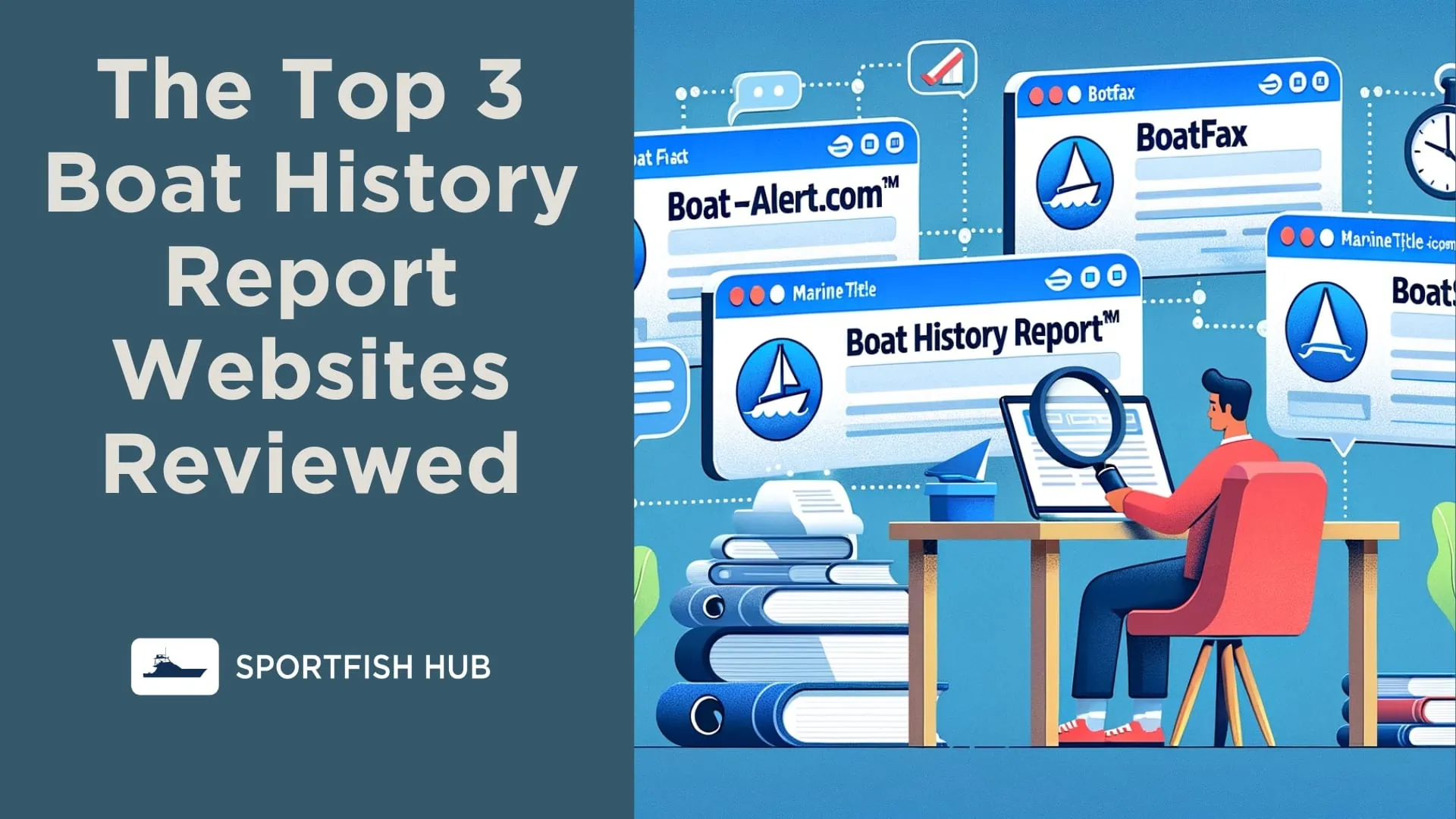Hunting and fishing have been essential practices for civilizations throughout history. Many ancient cultures relied on hunting animals and fishing as their main source of food. Some civilizations perfected these practices, depending heavily on hunting and fishing together to sustain their communities.
Overview of Hunting and Fishing Practices Through History
Humans have been hunting and fishing since the Paleolithic era over 40,000 years ago. These practices were necessary for survival and procuring food. Here is a brief overview of major ancient civilizations known for their hunting and fishing:
- Paleo-Indians – Nomadic groups who migrated to North America during the last ice age around 12,000 BCE. They hunted large game like mammoths and mastodons.
- Ancient Egyptians – Relied on fishing along the Nile River. They mainly caught catfish, mullet, eel, and carp.
- Inuits – Native groups in the Arctic region. Survived harsh climates by hunting seals, walruses, whales, caribou, and fishing.
- Native Americans – Various tribes had deep knowledge of local animals and fishing spots. Hunting and fishing customs varied by region.

The Algonquin as a Major Hunting and Fishing Civilization
The Algonquin people stand out for relying heavily on hunting and fishing together to gather food. The Algonquin civilization inhabited eastern North America in what became Canada and the United States.
Here are key facts about the Algonquin people:
- Lived in wigwams near water sources ideal for fishing
- Men hunted deer, moose, bison, rabbits, birds using spears and bows
- Women gathered wild fruits, vegetables, nuts, and maple syrup
- Main food source was fish like trout, bass, perch, and pike
- Used spears, hooks, nets, and leisters for fishing
- Moved seasonally following food sources like migrating fish
The Algonquin lived a subsistence lifestyle directly off the land and waters. Hunting and fishing were intertwined in providing sustenance.
Daily Life and Culture Revolved Around Hunting and Fishing
The Algonquin daily life and culture centered around hunting and fishing:
Housing
- Wigwams made of bark and animal skins could be easily moved.
- Located near water for fishing access.
Food
- Diet heavily based on meat and fish.
- Hunting provided most meat from deer, moose, rabbits.
- Fishing provided bulk of food from trout, bass, perch, pike.
- Women gathered plants, fruits, nuts to supplement.
Tools and Weapons
- Men made bows, arrows, spears, clubs, knives for hunting.
- Fish spears, nets, hooks carved from bones.
- Canoes constructed from bark to reach fishing areas.
Clothing and Shelter
- Animal hides, furs, and feathers used for clothing.
- Bark and skins covered wigwams.
This table summarizes key information:
| Category | Role of Hunting | Role of Fishing |
|---|---|---|
| Food | Main meat source | Primary food source |
| Tools | Bows, arrows, spears | Fish spears, nets, hooks |
| Clothing | Hides, furs, feathers | |
| Shelter | Skins covered wigwams |
Continuing Impact on Modern Life
While the Algonquin no longer exist as a hunting and fishing civilization today, their practices have left a lasting impact. Here are some ways Algonquin hunting and fishing methods have continued to influence modern life:
- Passing down knowledge of animal behavior and migration patterns.
- Developing effective fishing techniquesstill used today like spearing, netting, and ice fishing.
- Highlighting the importance of sustainability – taking only what is needed from the land.
- Inspiring traditional cooking methods for wild game and fish.
- Providing a window into simple living relying on nature to survive.
Conclusion
In summary, the Algonquin stand out as a civilization that relied heavily on hunting and fishing together to sustain their communities. Their intimate knowledge of the land and waters enabled an effective hunting and fishing lifestyle. Although the Algonquin no longer exist as a civilization today, their practices provide an example of ancient people living closely with nature and developing techniques still valued today. The Algonquin remain a prominent hunting and fishing civilization that left a legacy in North America.













